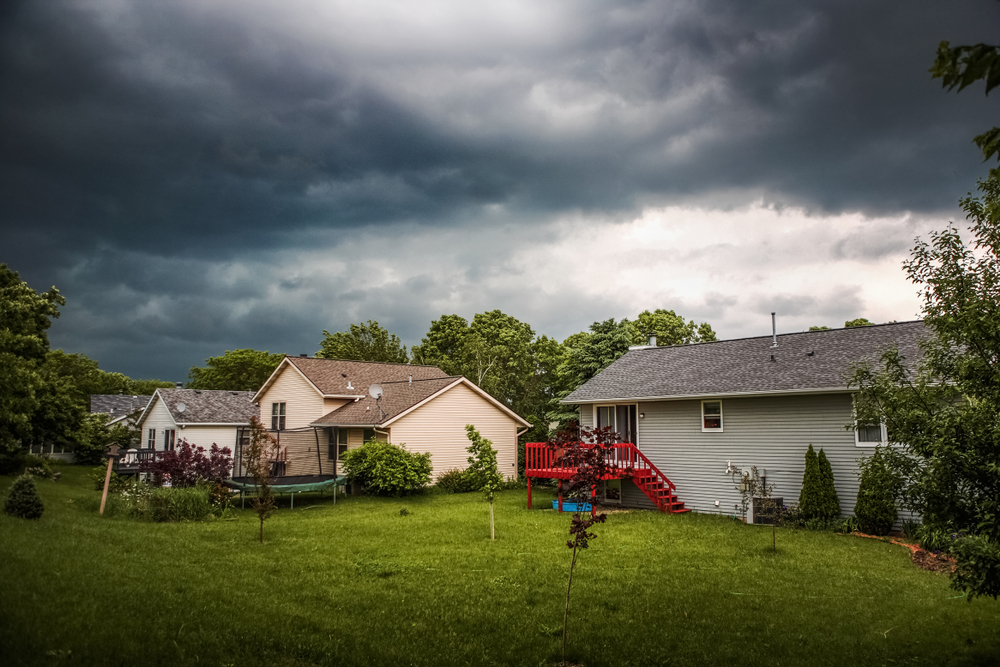
It’s that time of year when we see stories on the news of communities negatively impacted by severe weather. Whether it’s hurricanes, tornadoes, or Derechos, at some point, every homeowner will experience extreme storms. That’s why it’s so important to get ahead of the game and protect your home before the forecast calls for storms. Here’s what you need to do to get prepared.
Check your insurance policies
Not all insurance policies are created equal. If you’re unsure what would be covered in the case of extreme weather, then review your policies. Damage that is caused by extreme weather may not be covered. This could include sewer back-ups, flooding, or toxic mold caused by water damage. If you live in an area that is prone to extreme weather, then you should consider buying additional coverage from your provider.
Keep your roof in good shape
One of your best lines of defense in a bad storm is your roof. The roof can prevent damage from occurring to your home’s interior during intense weather. Keep your gutters free of debris. If leaves are clogging your gutters or downspouts, then the water will spill over the sides. This can soak into your foundation and cause flooding in your basement or other damage. You should also seal cracks around vents and chimneys to prevent water from seeping in.
Clean up the yard
Another way to protect your home from extreme weather is to keep the yard clean and tidy. Tree limbs can pose a significant threat, so be sure to remove any branches that are dead or dying. Your home can also be damaged by flying objects, such as lawn furniture, toys, and garden ornaments. If a storm is coming, then take these items inside or ensure they are completely secured. High-speed winds can cause even the smallest object to become hazardous.
Consider back-up power
It’s not unusual to lose power during a strong storm. And if the damage is widespread, then it could be hours -- or even days -- before your power is restored. If extreme weather has knocked out your power in the past, then consider purchasing a backup power supply such as a home generator. It can help keep the important stuff running, like your refrigerator, until full power is restored.
Be ready to shelter in place
There’s no avoiding extreme weather, and sometimes we just have to ride out the storm. Know where you will go inside your home to best protect yourself against strong winds. Keep an emergency kit stocked and ready. It should include flashlights, batteries, a battery-powered radio, and tarps. Also, consider stocking up on other essentials like non-perishable foods and water.
Know where to go in an evacuation
Finally, sometimes the weather is so extreme that local authorities will call for an evacuation. Have a plan for where you will go in a case like this. Make arrangements to stay with family or friends or even a hotel that is outside the danger zone. Take with you important papers and your valuables. A little preparation can go a long way in keeping you safe and calm during a weather emergency.
Compliments of Virtual Results